There are two distinct causes for mouth or oral snoring. For one, it occurs when the transition area between the oral cavity and the throat is constricted by tissue, thus allowing breathing air to cause the respective tissue around the narrowed space to vibrate. On the other hand, mouth snoring also arises when tensions affecting the palatal arch, as well as the uvula are reduced and when the flow of breathing air causes the surrounding tissue to vibrate as it passes through the respiratory tract. Nocturnal mouth breathing and a dry mouth in the morning are a sign of mouth snoring.
Does this apply to you? Lay bare the facts regarding mouth snoring with the help of a simple test!
Mouth Snoring Test – that’s how you do it
The mouth snoring test is very simple to conduct:
Open your mouth and make a snoring sound. This should be easy to do.
Now try to replicate the same noise with your mouth closed. If this doesn’t work even though you snore at night, then it’s very likely that you’re a mouth snorer.
Another indication for mouth breathing is a dry mouth in the morning, for example. Bad breath may also point to nocturnal mouth breathing.
Video: open-mouth snoring test
Help with snoring in the case of oral respiration
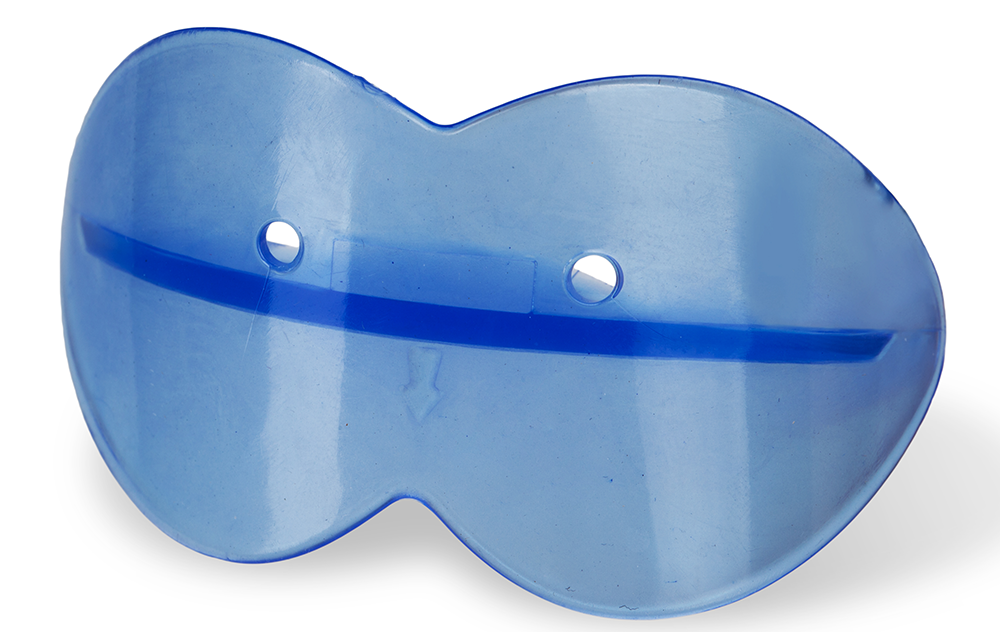
Snoring Mouth Guard
The treatment of choice in the case of mouth snoring is the use of an snoring mouth guard. It looks like a boxer’s gumshield and prevents mouth breathing. This means that you’re forced to breathe through the nose again. This is better for your health though, and allows you to have a relaxing sleep. Yet, if you have problems with nasal breathing, you should consider combining the mouthpiece with the use of a nasal dilator.
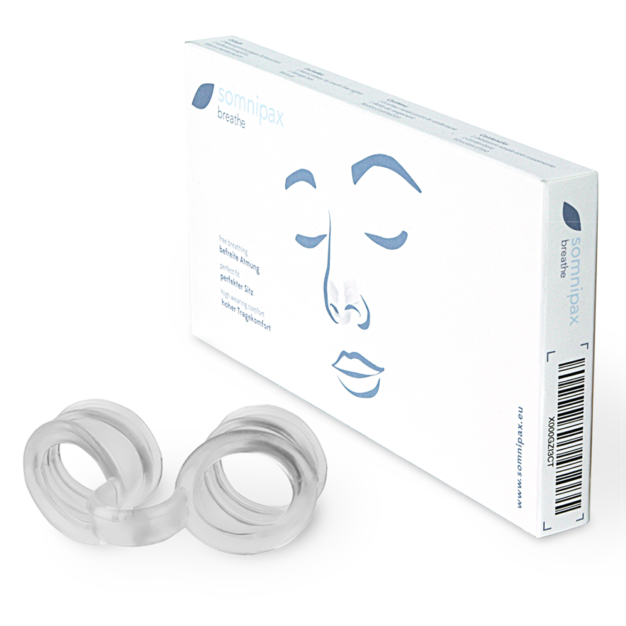
Nasal Dilator
Aside from that, nasal dilators are also employed in the case of oral snoring. They facilitate nasal respiration, or in other words, enable you to breathe freely through your nose again . The nasal dilator creates the necessary condition to prevent the body from switching to oral respiration during sleep, which again is the reason why mouth snoring occurs.
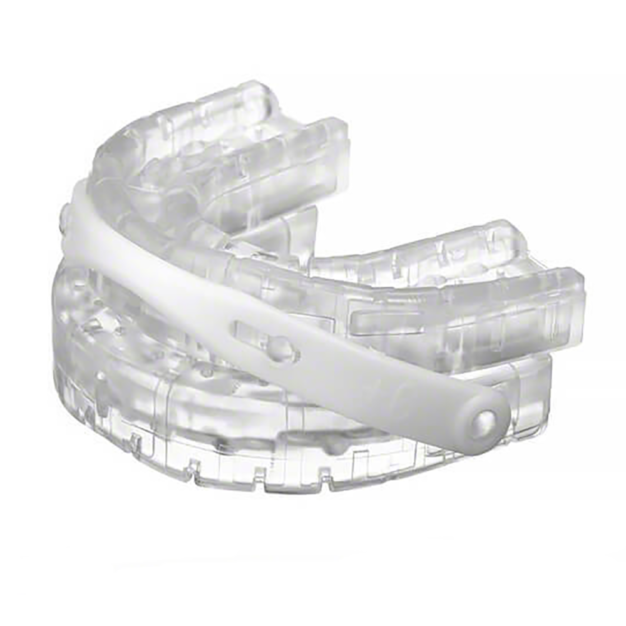
Snoring Mouthpiece
Mouth snoring is not the issue? Then you should check if you’re perhaps a tongue-based snorer. (Snoring mouthpieces (mandiubular advancement devices) are a helpful aid against this) or a nasal snorer (A nasal dilator helps alleviate nose snoring). Or simply get expert advice by doing our snoring test.
Mandibular advancement device comparison
All our mandibular advancement devices compared based on comfort, application, cleaning and much more.

Medical Doctor, Berlin
Jan Wrede works as a medical doctor in Berlin. He studied medicine at FAU University in Erlangen-Nuremberg and Semmelweis University in Budapest. He had already written numerous scientific articles during his studies, especially on the subject of snoring.


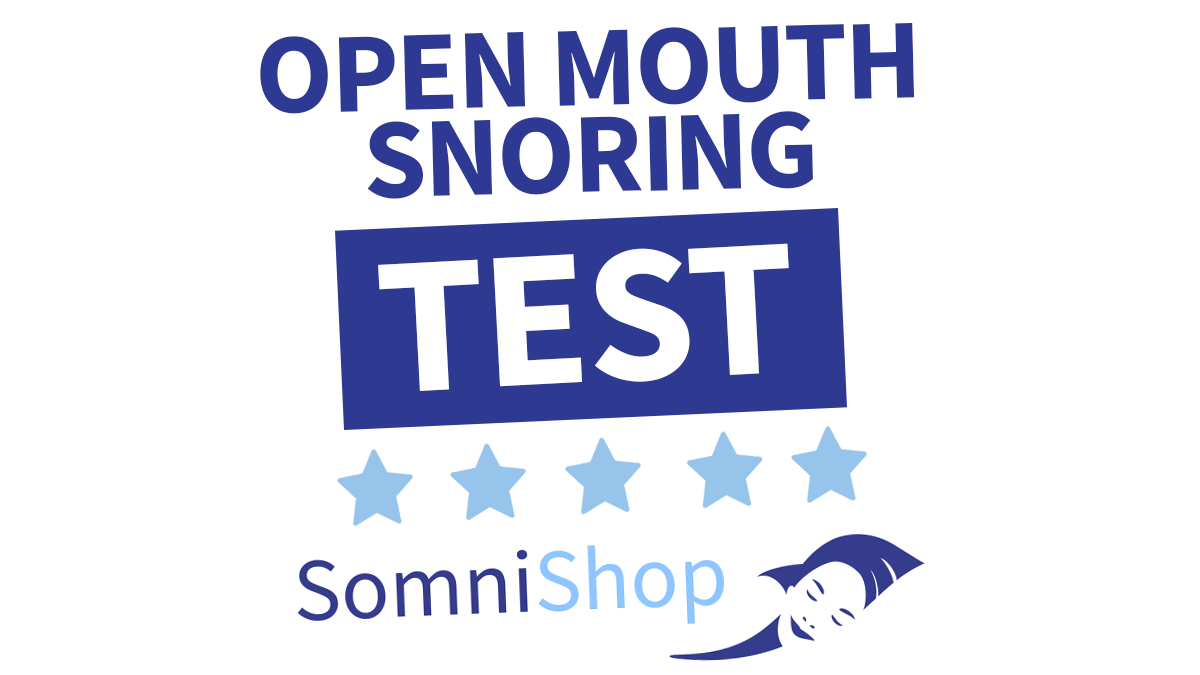
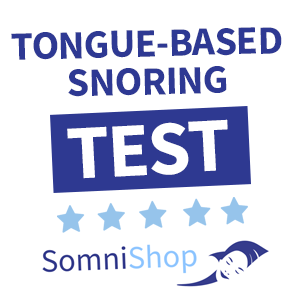
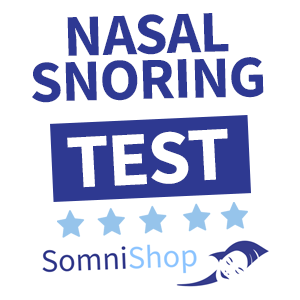
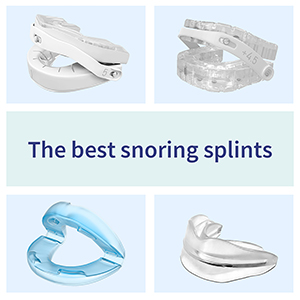

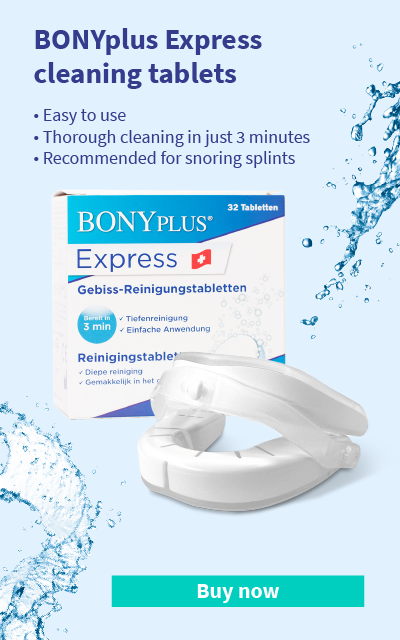
 Welcome to SomniShop
Welcome to SomniShop